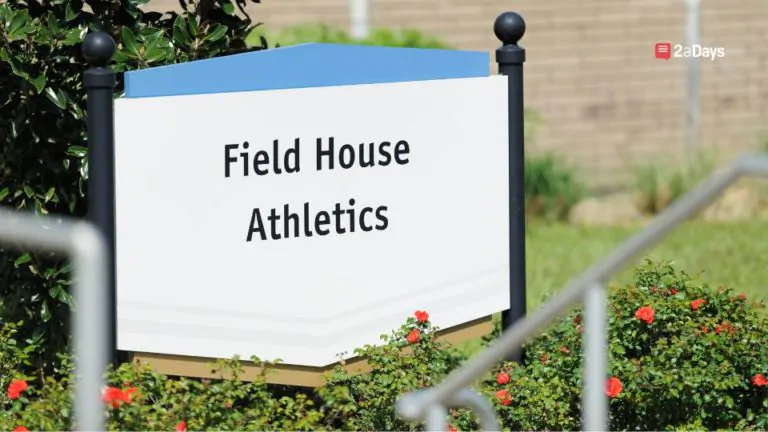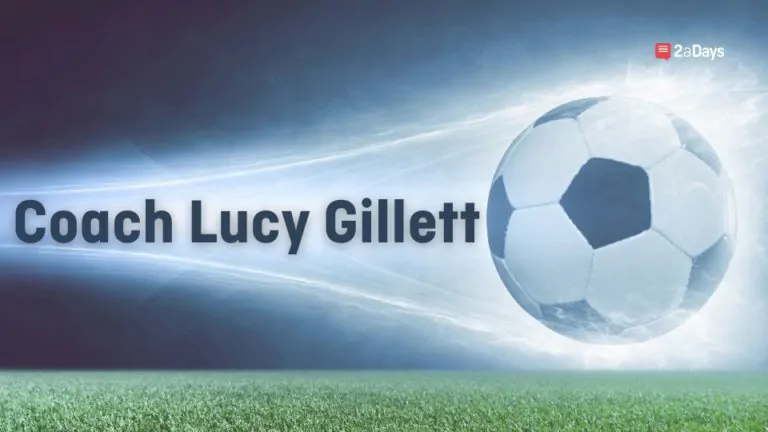In a perfect world, all athletic scholarships would be guaranteed for four years (and plenty of people believe they actually are), but unfortunately, the NCAA is far from perfect. The reality is that scholarship policies can vary widely by conference and university, and coaches often do not fully explain these dynamics to athletes. In essence, scholarship agreements are contracts that contain language and loopholes that athletes need to be aware of before signing.
Key terms:
Grant-in-aid: An athletic grant-in-aid (also called financial aid or an athletic scholarship) is a financial aid agreement made between an athlete and his or her head coach. The NCAA states that athletic aid is strictly for educational purposes, and that “A grant-in-aid administered by an educational institution is not considered to be pay or the promise of pay for athletics skill, provided it does not exceed the financial aid limitations set by the Association's membership.” The Association also sets limits on financial aid, including scholarship caps, and other guardrails around educational expenses.
Renewal/non-renewal: If an athlete's scholarship is not a multiyear contract, that scholarship will be subject to a renewal process at the end of its period of award. Most athletic scholarships function like coupons and expire after a set date laid out in an athlete's scholarship agreement. After that date, athletic departments have until July 1st of that year to notify the athlete if his/her scholarship will be renewed or not. If an athlete's scholarship is non-renewed, they have the right to an appeal process.
Cancellation: the cancellation of an athletic scholarship refers to the revoking of athletic aid during the period of its award. The NCAA allows scholarships to be cancelled if athletes commit a felony, violate a team rule, withdraw from a team, among other reasons outlined in Bylaw 15.3.4 of the Division 1 Manual. If a one-year scholarship contract is discontinued in the offseason, that isn't technically a cancellation, per NCAA guidelines. Rather, that's considered a nonrenewal.
Autonomy vs. Non-Autonomy schools
Before we dive into scholarship policies in the Division 1 Manual, we need to understand the difference between an autonomy and a non-autonomy conference. The language is complicated, but in essence, the Power Five conferences (the Big Ten, Big 12, Pac-12, SEC, and ACC, also called the Autonomy Five) are afforded more leeway in legislative decision-making than non-autonomy schools (every non-Power Five university. Also known as the Group of Five, and the mid-majors). The Division 1 Manual explains this “area of autonomy” as follows:
“An area of autonomy is a legislative provision that provides legislative flexibility to the Atlantic Coast Conference, Big Ten Conference, Big 12 Conference, Pac-12 Conference and Southeastern Conference and their member institutions. The above mentioned conferences are granted autonomy in these areas to permit the use of resources to advance the legitimate educational or athletics-related needs of student-athletes and for legislative changes that will otherwise enhance student-athlete well-being.”
Basically, universities that fall under one of the aforementioned conferences have more flexibility in determining their own rules. An important area of autonomy is the reduction, cancellation, and nonrenewal of financial aid, and reading these NCAA policies with the autonomy structure in mind complicates things, as some policies in the Division 1 Manual pertain to autonomy schools, while others do not.
For instance, Bylaw 15.3, which covers the terms and conditions of awarding financial aid is split between autonomy and non-autonomy schools. According to the Manual, scholarships of athletes competing at autonomy schools cannot be revoked due to injuries, illnesses, or in light of poor athletic performances. However, no such stipulation exists for athletes competing at non-autonomy schools, meaning that at the mid-major level, scholarship renewals, reductions, and cancellations are typically contingent on the decision of the head coach.
In essence, this means that college athletes must read individual compliance handbooks to fully understand the scholarship policies of every school, because there are significant variations among institutions. This can get extremely tedious and confusing, especially at the mid-major level, where scholarship policies are looser. For example, the following excerpt from the (non-autonomy) University of Texas at San Antonio's Student Athlete Handbook reads in part:
“An athletics scholarship may be awarded for a maximum period of one academic year and is subject to renewal each year.”
The handbook clearly states that athletic scholarships are renewable on a one-year basis, and because UTSA abides by non-autonomy rules, there are few restrictions around the non-renewal or cancellation of athletic scholarships. The financial aid policies in the College of Charleston's Student-Athlete Handbook (another non-autonomy school) read a bit differently:
“Athletically related financial aid may not be reduced or canceled during the period of the award:
• On the basis of a student-athlete's athletic ability, performance or contribution to a team's success;
• Because of an injury that prevents the participant from participating; or
• For any athletics reason.”
This policy looks really good on paper. But “during the period of the award” is an important set of key words that athletes must be aware of. Basically, the College of Charleston's handbook stipulates that an athletic scholarship cannot be canceled or reduced during the period laid out in the athlete's contract. So if an athlete signs a one-year renewable scholarship, the coach can't yank the scholarship in the middle of the academic year after an athlete suffers an injury, for instance. But that coach can choose to not renew that athlete's scholarship for the following season if he so chooses, because that action takes place after the period of the award.
All in all, NCAA scholarship policies are confusing and vary significantly from conference-to-conference, and school-to-school. That's why the team here at 2aDays is developing an interactive tool to help college athletes choose the right school if scholarship security matters to you. Until then, it's important for high school prospects to ask coaches questions, read compliance manuals themselves, and carefully review scholarship contracts before signing on with a school.
* Originally published on August 11, 2020, by Katie Lever, Ph. D







